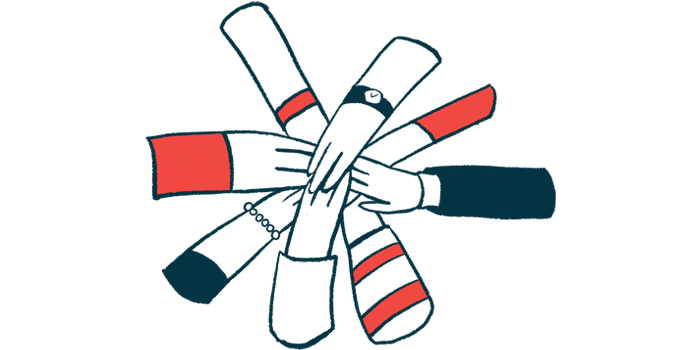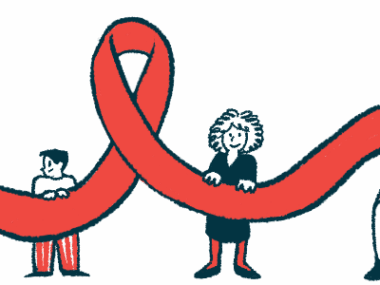Supporters ‘step up against stigma’ for International Epilepsy Day
Global campaign hopes to break down misconceptions and stigma about epilepsy
Written by |

For this year’s International Epilepsy Day on Feb. 13, supporters joined together to eliminate myths and misconceptions about epilepsy.
Organized by the International Bureau for Epilepsy (IBE) and the International League Against Epilepsy (ILAE), the event is held on the second Monday of each February in an effort to raise awareness about epilepsy and its global impact.
This year’s “Step Up Against Stigma” campaign focused specifically on breaking down public misconceptions about epilepsy that cause patients to face stigma and discrimination in their daily lives.
“In virtually every corner of the world, epilepsy is misunderstood,” Helen Cross, MD, PhD, president of the ILAE, said in a joint statement from the two organizations.
“International Epilepsy Day allows us to come together, to stand up against stigma and discrimination, and to build a world where no person’s life is limited by epilepsy and the harmful myths that surround it.”
More than 50 million people live with epilepsy
More than 50 million people worldwide are living with epilepsy, either due to genetics, head trauma, or a brain tumor. This includes about one in 20,000 to 40,000 people with Dravet syndrome, a rare genetic form of epilepsy characterized by severe seizures that typically emerge during the first year of life.
“The stigma attached to epilepsy is often more difficult to deal with than the disease itself,” said Francesca Sofia, PhD, the IBE’s president. “Stigma, fueled by fear and misconceptions, takes many forms and can be present in the family, community, school, clinic, and workplace.”
As part of this year’s campaign, patients shared their stories of stigma and expressed their experiences through paintings, drawings, photos, pottery, sculpture, or other art forms in an online art exhibition.
To encourage global awareness, supporters were called on to fill out an “Epilepsy is…” template card with a message and share it online with the hashtag #EpilepsyIs. Awareness events took place in several countries, from the U.S. to France and Italy, and from Kenya to India.
These included the IBE-sponsored third edition of the “50 Million Steps Against Stigma” campaign. Starting from Jan. 9, the event’s goal was to have at least 500 people walk 20,000 steps every week before International Epilepsy Day — a total of 50 million steps to represent the 50 million epilepsy patients around the world.
A total of 137,887,950 steps have been taken this year, and nearly 300 million steps have been taken since the event first launched three years ago, according to the IBE.
In virtually every corner of the world, epilepsy is misunderstood.
Social media campaigns hope to raise epilepsy awareness and research funds
The Epilepsy Foundation similarly asked supporters to use the hashtags #EpilepsyDay and #EpilepsyIs, in addition to encouraging individuals to create a Facebook fundraiser, attend an Epilepsy Day event, and join #StreamForEpilepsy for the second annual #LoveFest streaming event.
Another organization, Cure Epilepsy, launched the #SayEpilepsy campaign. “We can’t fund research to find a cure for, raise awareness about, or fight the stigma against epilepsy if we don’t use the word,” the organization stated on its website.
Cure Epilepsy set a goal of raising $6,500 by the end of Epilepsy Day to fund research, and encouraged individuals to start their own fundraisers.
Addressing stigma is also a key goal of the World Health Organization’s Global Action Plan on Epilepsy and other Neurological Disorders, adopted by its 194 member states in May 2022. The plan calls for 80% of countries to have new or updated legislation that protects the rights of people with epilepsy by 2031.
“Epilepsy has significant personal, health, economic and social inclusion consequences for people living with the disorder and for their families and communities, the response should not be anything less than integrated, comprehensive and engaging all of society,” said Dévora Kestel, director of mental health and substance use at WHO.






